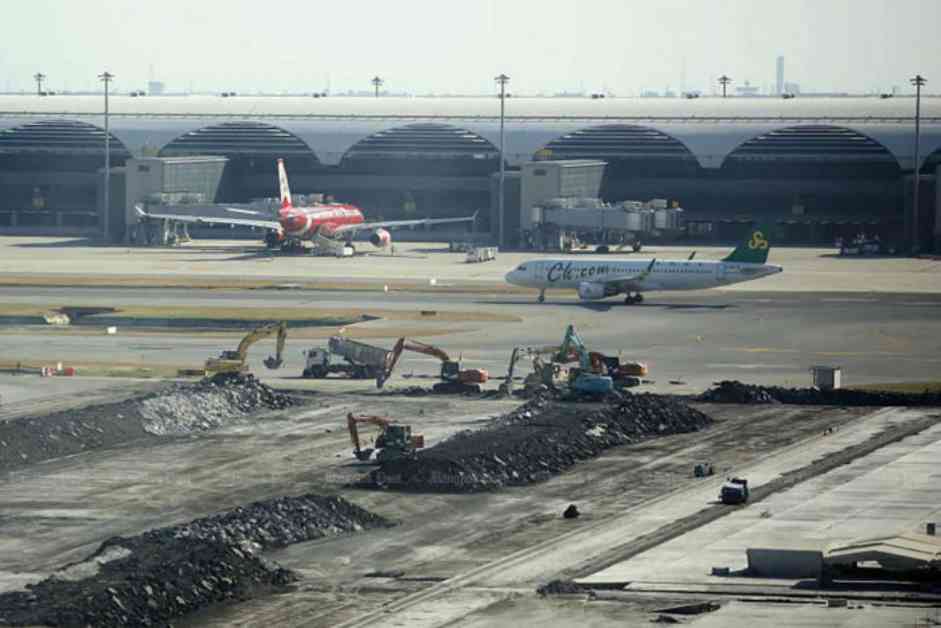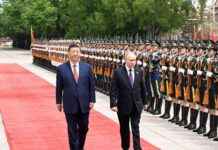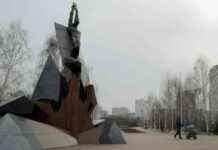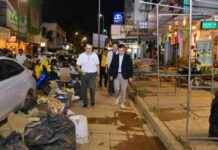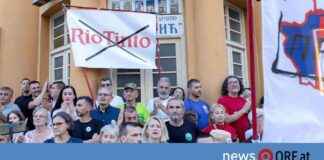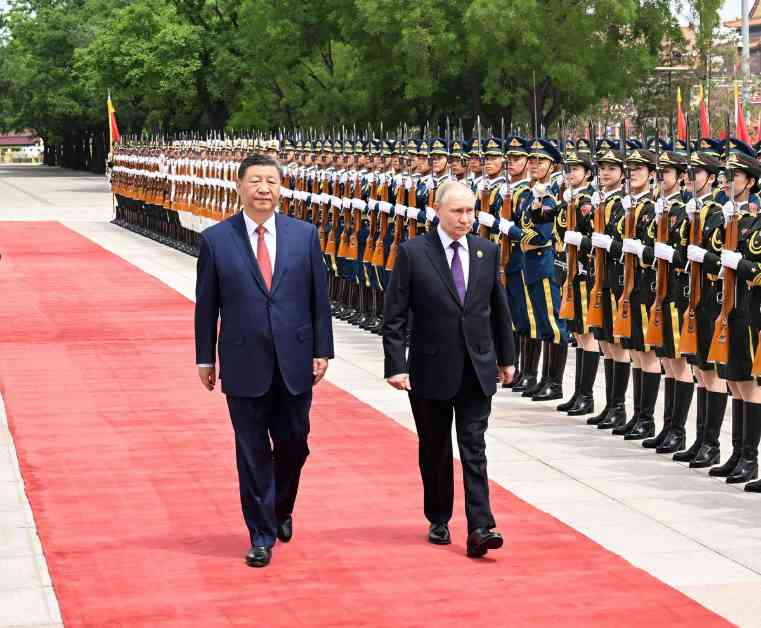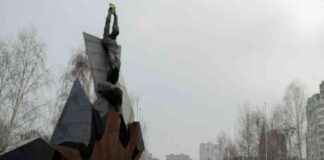Airports of Thailand (AoT) is set to allocate 12 billion baht in compensation for residents affected by noise pollution from the new runway at Suvarnabhumi Airport. The decision was made during a meeting involving several agencies, including the Transport Ministry and Bangkok Metropolitan Administration, in response to residents’ concerns about the noise disturbance caused by airplane traffic using the recently opened runway.
According to Kittiphon Ruayfuphan, Transport Ministry deputy spokesman, the compensation rate was determined based on legal considerations. Residents impacted by noise pollution are divided into different categories, including those eligible for compensation, those with land ownership issues, and those who are not technically qualified for financial assistance.
Residents who meet the criteria for compensation will receive the funds once the rate is finalized. Individuals facing land ownership challenges will receive support to resolve their documentation issues to qualify for compensation. Those residing near the third runway without owning the land may receive compensation after a survey by the Pollution Control Department confirms the impact of noise pollution.
Surajit Phongsingwitthaya, chairman of the Bangkok Metropolitan Administration (BMA) council, mentioned that residents have raised concerns about noise pollution with the BMA. The BMA has requested updates from AoT and the Transport Ministry on the progress of addressing the issue. Acting as a mediator, the BMA is informing residents about the compensation application process.
Authorities are expediting the review of compensation petitions to ensure fairness. The first round of compensation is expected to be distributed to residents early next year. The third runway, constructed parallel to the existing runway at Suvarnabhumi Airport, will enhance the airport’s capacity to handle more landings per hour.
The new runway will increase the airport’s capacity from 68 to 94 landings per hour, facilitating smoother operations. As the construction progresses, efforts are being made to address the concerns of residents affected by noise pollution. The compensation scheme aims to provide relief to those impacted by the operations of the airport.
In conclusion, the initiative to compensate residents affected by noise pollution demonstrates a commitment to addressing community concerns and ensuring a balance between airport development and environmental impact. By providing financial support and assistance with documentation, authorities are working towards mitigating the effects of noise pollution on nearby residents.
